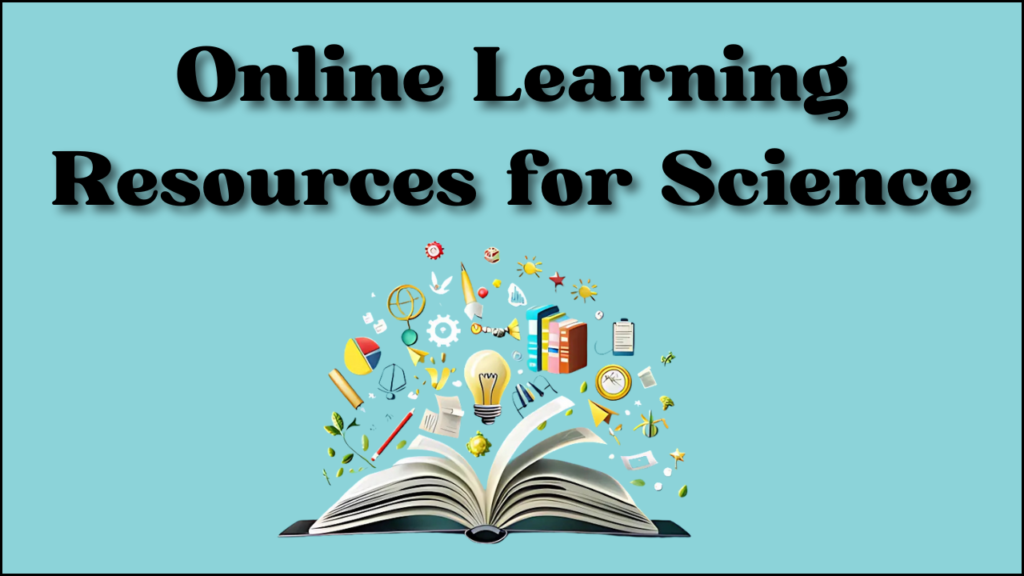
Online science learning platforms have become essential tools for students of all ages, offering interactive resources and engaging content. This analysis explores the diverse range of platforms available, highlighting their unique offerings and the benefits they provide.
Platform Overview
The table below summarizes key online science learning platforms, their focus areas, and target age groups:
| Platform Name | Focus Area | Target Age Group |
|---|---|---|
| Ocean | Marine life | All ages |
| ADFG Alaska | Alaskan wildlife | All ages |
| NASA, Climate Kids NASA | Space science, climate, and weather | Kids and teens |
| Mystery Science, Tyto Online | Storytelling, game-based learning | K-5, Middle school |
| Phet Colorado, Biology Simulations | Virtual science labs | Middle and high school |
| Science News for Students, Newsela | Age-appropriate science articles | Grades 4-12 |
| ACS, Positive Physics | Chemistry and physics concepts | High school |
| CK12, NSF | Interdisciplinary learning across subjects | All grade levels |
| Steve Spangler Science, Elemental Science, Club Scikidzmd | Hands-on science experiments for home | All ages |
| No Master Chef | Culinary science for children ages 2-12 | Elementary |
Different Perspectives on Online Science Learning
- Accessibility and Convenience: Online platforms offer flexible, self-paced learning, especially beneficial for remote learners.
- Engagement and Motivation: Interactive content, such as games and simulations, makes science more engaging.
- Potential Challenges: Online platforms may lack the hands-on experience of traditional labs and require access to technology.
FAQs
1. How can students benefit from using online science learning platforms?
Students gain a deeper understanding of scientific concepts through videos, simulations, and experiments, fostering curiosity and critical thinking.
2. Are these platforms suitable for all grade levels?
Yes, platforms cater to different age groups, with content tailored to specific grade levels.
3. Can online platforms replace traditional science classes?
Online platforms are best used as supplements to traditional classes, enhancing but not replacing hands-on experiments and classroom interactions.
In conclusion, online science platforms provide diverse resources that enrich students’ scientific knowledge, especially when combined with traditional classroom learning.